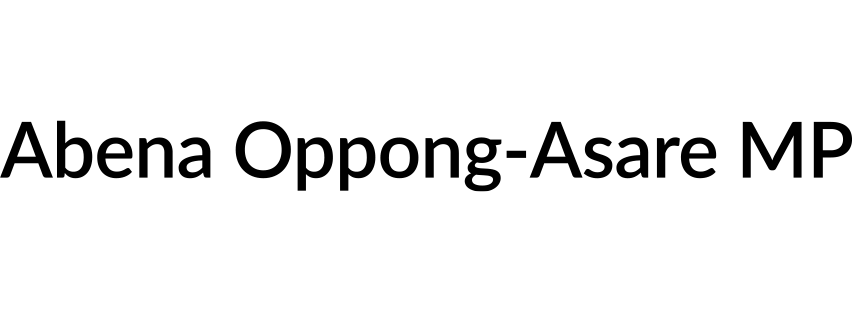The Government must protect jobs in the aviation sector – starting with British Airways
British Airways announced they plan to cut up to 12,000 jobs as part of their response to economic losses due to COVID-19. I have joined London MPs in calling on the Director of IAG, Willie Walsh, to reconsider these plans and work with trade unions to develop a long-term strategy.
I’ve been contacted by several employees of BA, resident in Erith and Thamesmead, who are concerned about their future. It is irresponsible of BA to make these announcements at a time of financial hardship for many, without first consulting with staff, unions and local stakeholders. I have personally written to the Secretary of State for Business, Energy and Industrial Strategy, Alok Sharma MP, to ask that his department to make representations about these concerns to IAG.
Moving forward from the COVID-19 crisis we must look to protect as many jobs as possible and create a plan to help people re-skill and find new employment. The aviation sector has faced huge losses during COVID-19 as almost all flights have been completely grounded over the past two months.
I am pleased that MPs from across the political spectrum have been working hard on this issue and trying to engage the relevant bodies. However, the Prime Minister and Chancellor, Rishi Sunak MP, who is at the forefront of protecting jobs and businesses, do not appear to be as enraged as MPs representing constituents who will suffer if this goes ahead.
Huw Merriman MP secured an urgent question on June 3rd 2020, “to ask the Chancellor of the Exchequer if he will make a statement on covid-19 and the economic impact on aviation”. Unfortunately, the Chancellor did not attend this debate to listen to concerns.
Wes Streeting MP, Shadow Exchequer Secretary to the Treasury, raised concerns that more job losses were to come if we did not act, he said:
“This is a sector that contributes £22 billion a year to our economy, with 230,000 jobs across the industry and the manufacturing supply chain dependent on it. It needs to change to meet the challenge of climate change. So why did one industry leader tell the Transport Committee just a fortnight ago that the Government were ‘asleep at the wheel’?”
I will be continuing to make representations on behalf of my constituents and attempt to engage IAG and the Chancellor in this issue. In the meantime, if you have been personally affected by job losses in the aviation industry, please do get in touch at abena.oppongasare.mp@parliament.uk

